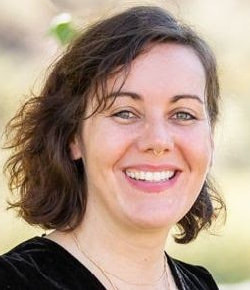... and why it matters.We've been hearing a lot lately around social media that as a community we need to be harder with negative consequences for people who "don't want treatment" or "don't want to help themselves" or "refuse the help they are offered". Please take 5 minutes out of your day to hear Maia Szalavitz, world renowned author, addictions specialist, and long time chaotic, heroin and cocaine user, speak about addiction as a learning disorder. Addiction by definition is not only a physical dependence to a substance, but it is also compulsively using substances DESPITE negative consequences. If we want to change the behavior of people who use substances in our community, we need to bring them in without judgement, teach them how to be responsible and self aware about how their actions affect those around them, and teach them different ways to cope with the world around them. If compulsive use despite negative consequences is the definition of addiction, why would more negative, punitive consequences get people to change their behavior? We've tried that for decades and it hasn't worked. This framework for understanding addiction helps to de-polarize the conversation of what is right and what is wrong and see this issue in a new light. If you spent time to watch Seattle is Dying, please give this video the same courtesy. To be clear, we believe there is no one pathway for people in their road to recovery. For some people abstinence based, 12 step models are vital. For many others, alternative treatments are necessary and life saving. We meet people wherever they are at on that spectrum and support them in getting connected to the resources they need and want in a non-judgmental and de-stigmatized way. I want to acknowledge that this is a nuanced and painful discussion for many of us with loved ones or personal experience with addiction and recovery. As a community we must find ways to bridge the divide in this conversation, to recognize that what works for one will not work for another and that we all need each other to continue shifting towards a safer, more supportive community for all of us. <3 <3 <3
0 Comments
Your comment will be posted after it is approved.
Leave a Reply. |
Author
Meg Martin, LICSW, CPC, is the Executive Director for The Interfaith Works. Archives
March 2022
Categories
|
SITE MAP
Please support the businesses that so generously support us.

 RSS Feed
RSS Feed

